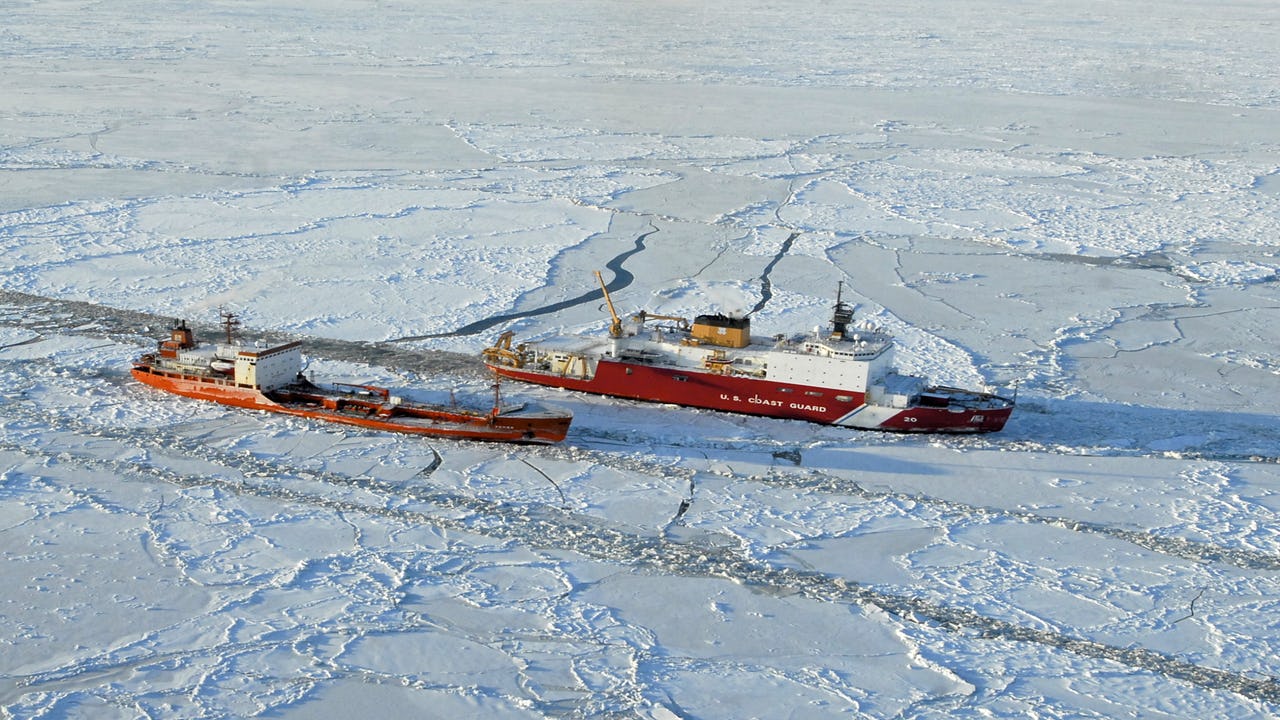Geopolitical Tensions in the Arctic Region
The Arctic region is witnessing rising tensions among global powers. Climate change is rapidly melting ice caps, revealing untapped natural resources and new shipping routes. This situation has led to increased military posturing and territorial claims among Arctic nations. Unlike the Antarctic, the Arctic lacks a comprehensive international treaty to manage these resources and maintain peace.
Climate Change and Resource Accessibility
Climate change is accelerating the melting of Arctic ice. This process exposes natural resources like fossil fuels and rare earth elements. As ice recedes, countries are eager to exploit these resources. The Arctic holds an estimated 13% of the world’s undiscovered oil reserves and 30% of its untapped natural gas reserves. These resources are crucial for energy security and economic growth.
Territorial Claims and Governance
Eight countries control Arctic territories – Canada, Denmark, Finland, Iceland, Norway, Russia, Sweden, and the United States. These nations form the Arctic Council, which focuses on environmental protection and indigenous rights. The United Nations Convention on the Law of the Sea (UNCLOS) governs maritime claims. Countries can extend their claims by proving natural prolongation of their continental shelf. However, overlapping claims have heightened tensions.
Military Posturing and Strategic Interests
Military presence in the Arctic is increasing. Russia has fleet of icebreakers, vital for navigating icy waters. The U.S. has expressed interest in Greenland, heightening tensions with Denmark. Additionally, the status of the Northwest Passage is contentious between Canada and the U.S. These disputes could lead to military confrontations.
International Reactions and Alliances
The geopolitical landscape is shifting. NATO members, including the U.S., are concerned about Russian military activities. Sweden and Finland’s accession to NATO has intensified military exercises in the region. Meanwhile, China has declared itself a ‘Near-Arctic State’ and is investing in Arctic capabilities, including a nuclear-powered icebreaker.
Economic Implications of New Trade Routes
The melting ice opens new commercial trade routes. The Northeast Passage could reduce shipping distances between East Asia and Europe. This route presents economic opportunities but requires cooperation between Russia and China. However, Russia remains cautious about granting access to its Arctic ports.
Future Outlook
As Arctic temperatures rise, tensions may escalate. Nations are taking steps to assert their claims, and military exercises are becoming more frequent. The potential for conflict over resources and territory is growing. The Arctic’s strategic significance will likely continue to attract global attention, leading to increased competition and potential confrontations.
Month: Current Affairs - April, 2025
Category: International / World Current Affairs







